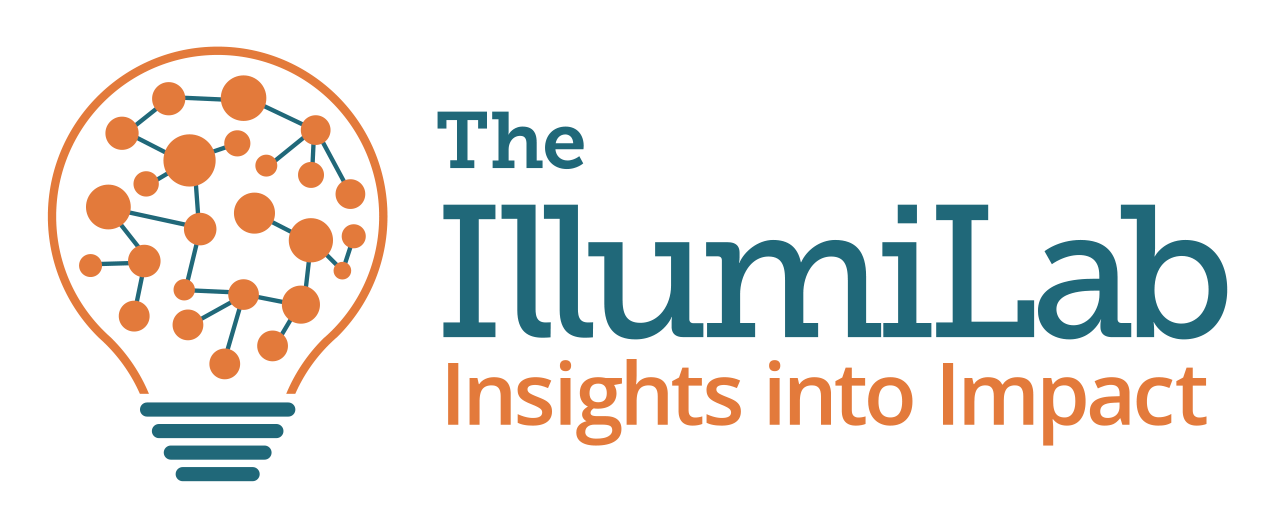Are Your Outcomes Measurable?
We believe outcome statements should be meaningful, measurable, and manageable. This is our second post in this series, examining the second M. Organizations often struggle to identify outcomes that are both meaningful and measurable. But, because they are required to measure their outcomes, they sacrifice meaningfulness and just count what is easy to count. Sound[…]








